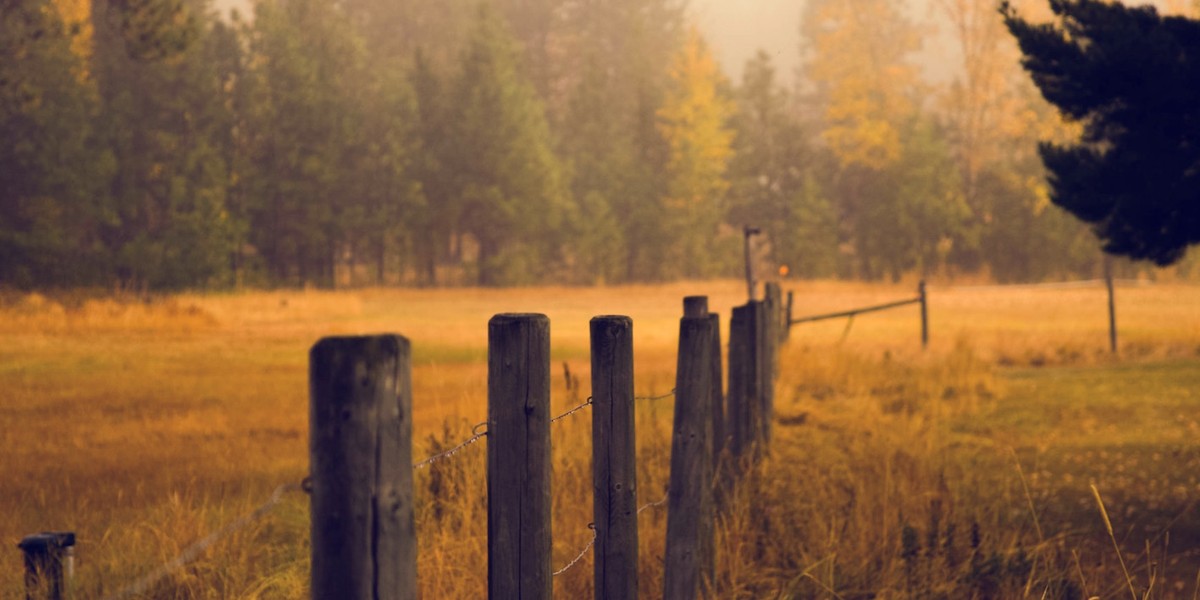According to journalist Chris Muyres, getting well and truly lost means living life with intensity. He makes a convincing argument for losing our way now and then, both literally and figuratively.
I have a passionate desire for getting lost from time to time. My younger years are probably to blame. I grew up in a small border town that faced the Meuse river, with a vast woodland area behind it. My friends and I were always inventing adventures to go on: one day we’d only walk in a straight line, no matter what kinds of things we would run into, be it barbed wire, bushes, cornfields, streams or forests.
After a while we’d get lost, and start looking for a trail or a road so we could find our way home. We also crossed the river in a rubber boat, only to end up on the other side in unfamiliar surroundings. As children, we had all the freedom we needed to indulge these whims. My parents never told me to stay on the trails. Despite this, I never once told my own children, “Go ahead and try it; it’s fun!” I didn’t hold them back, but I certainly didn’t egg them on. I have to wonder why. Are we too protective in how we raise our children these days?
In her book, A field guide to getting lost, American author and essayist Rebecca Solnit mentions an article about how wild animals are visiting civilization more and more. She was shocked to learn of the appearance of countless animal footprints in the fresh snow in American suburbs, in the no-man’s-land between the houses, and none that have been made by children. Children appear almost entirely absent, even in the safest places. As Solnit writes, ‘Because of their parents’ fear of the monstrous things that might happen (and do happen, but rarely), the wonderful things that happen as a matter of course are stripped away from them.’ She also wonders ‘what will come of placing this generation under house arrest’.
The Risk of a Risk-Free Life
When I call ‘Philosopher Laureate’ René ten Bos, he confirms the problem. “It is increasingly less acceptable to experiment and take risks,” the Dutch professor says. “We consider it irresponsible for children to wander around a forest, and we’re paying a price for this attitude. Lots of children have poor eyesight from staring at screens too long. What’s even more important, however, is that when we all follow fixed lines and predetermined courses, we also run greater risks.
As a result, we get bored and our world becomes very small. I also believe that people who refuse to take risks and always toe the line end up in danger of becoming unhappy later in life. They can encounter huge problems trying to live meaningful lives. But of course everyone has to decide for themselves which choices they make in this regard.”
- Read the full article ‘The art of getting lost’ in Issue 28.
Text Chris Muyres Photography Unsplash.com/Micah Hallahan














